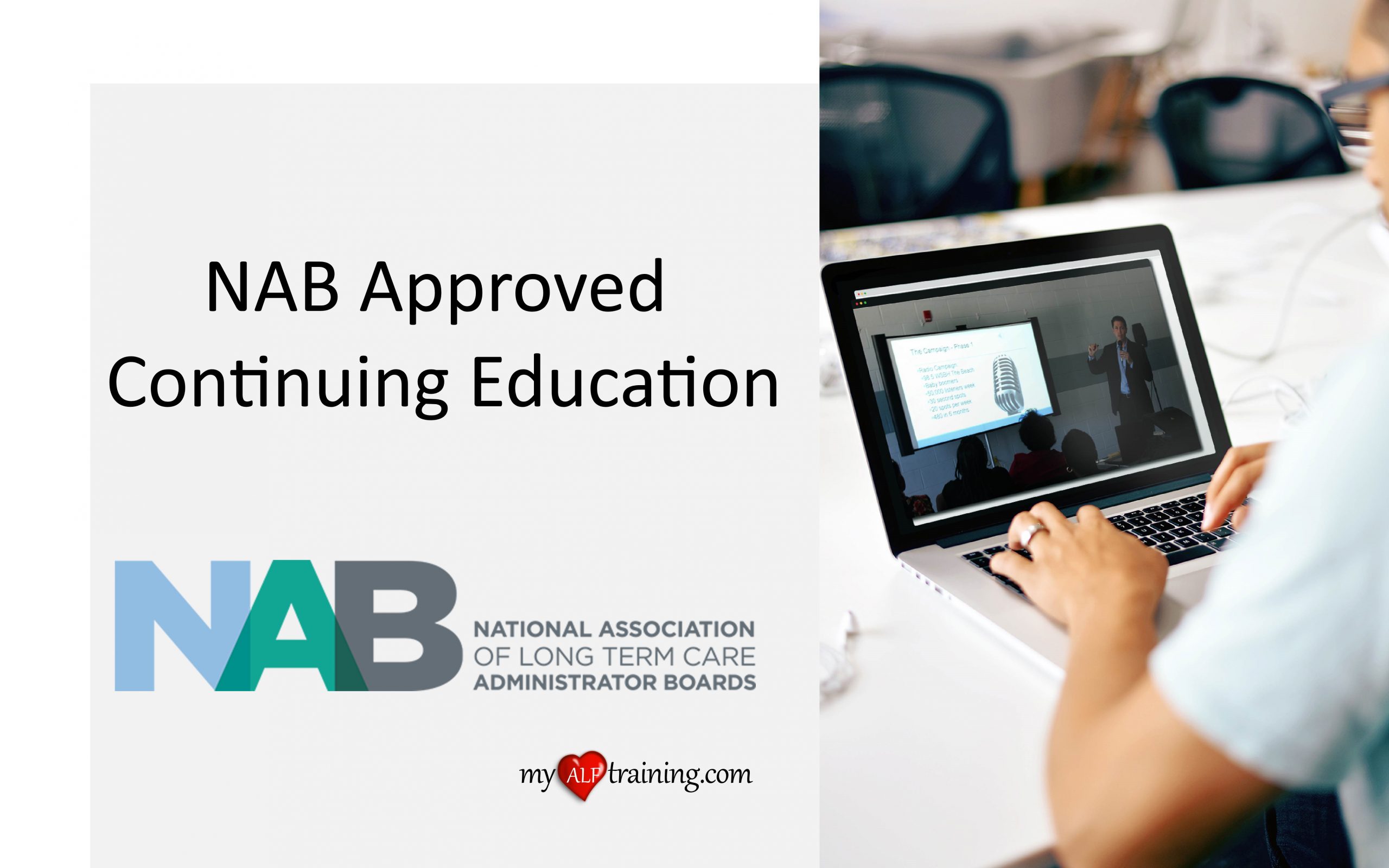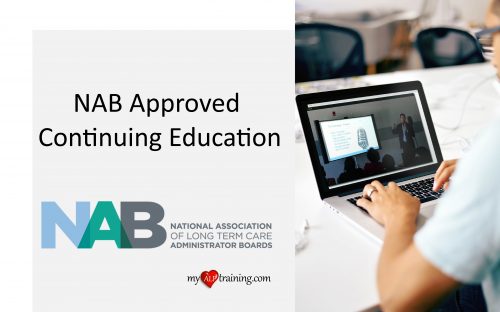Description
Epilepsy, Heart Disease, and Hypertension Concerns for Long Term Care Residents
- Epilepsy & Seizures (1 Hour)
- Heart Disease (1 Hour)
- Hypertension Residents (1 Hour)
Credit Hours: 3.5
Objectives
- Define epilepsy and seizure and be able to discuss the physical effects of each.
- Be able to recognize and identify common symptoms associated with seizure onset.
- Be able to discuss care considerations for individuals who suffer from a seizure versus those who suffer from epilepsy.
- Recognize and discuss emergency safety concerns for residents suffering from seizures and/or epilepsy.
- Be able to define “heart disease” and discuss its impact on health in the United States.
- Identify the most common types of heart disease (Coronary Artery Disease, Arrhythmia, and congestive Heart Failure) and discuss s/s of each.
- Understand risk factors associated with each type of heart disease and appropriate preventative measures to reduce risk.
- Discuss common medications patients with heart disease may be prescribed, their side effects, and nursing considerations.
- Discuss key elements of the physical assessment specific to patients with heart disease, noting abnormal findings indicative of a medical emergency.
- Understand and be able to define hypertension and how it presents.
- Be able to recognize and identify hypertension by the diastolic and systolic values as well as patient symptoms.
- Be able to recognize common hypertension medications and their side effects.
- Demonstrate knowledge to recognize and ability to manage hypotension as a result of hypertensive medications.
- Be able to recognize the signs and symptoms of a “hypertensive crisis” and recommend treatment options.
- Be able to implement non-pharmaceutical interventions to help manage patients’ blood pressure.
- Discuss dietary restrictions to be followed for patients with hypertension with consideration for comorbidities such as diabetes.
- Understand how hypertension can lead to sudden serious health conditions such as stroke and how to recognize and handle such emergency situations.


